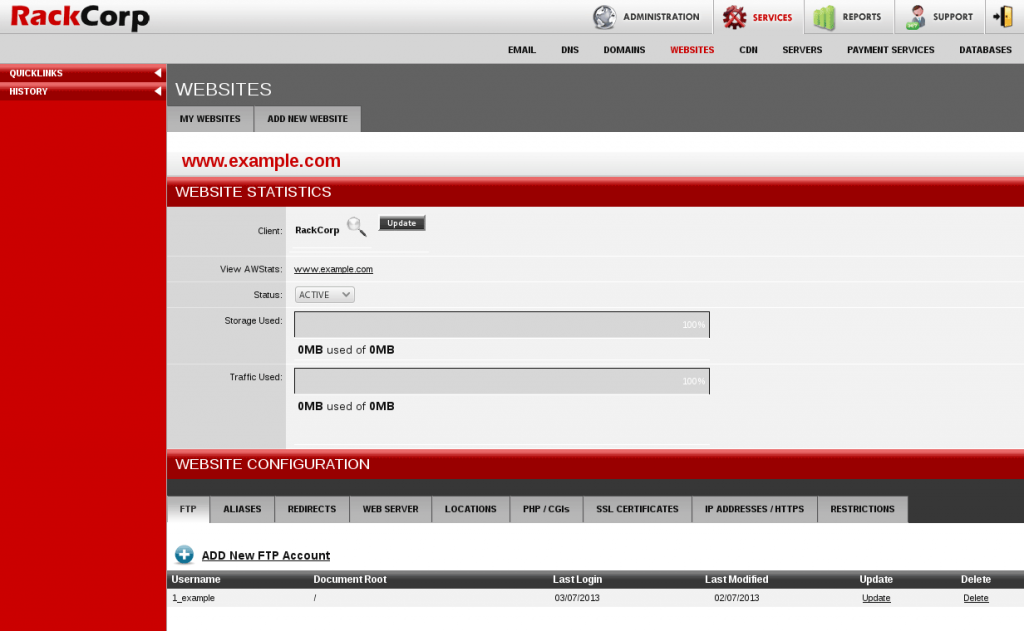RackCorp welcomes Melbourne to our global network
We are pleased to announce high-availability premium virtual servers via in Metronode’s recently completed Melbourne 2 Data Centre located in Victoria, Australia.
This data centre is unique in that not only does it allow us to offer hosting and server products in a location geographically convenient to Southern Australian users, but provides very high security and energy efficiency features.
Our Melbourne point of presence is ideal for customers in Victoria, South Australia and especially Tasmania who are seeking the best latency and speeds to their websites.

RackCorp’s in-house developed management system and global network
Combined with Metronode’s Tier 3 Rating means our Melbourne site is ideal for customers who require a higher level of redundancy and reliability
What Exactly is a Tier 3 rating?
A specification defined by both the Uptime institute and ANSI/TIA of USA which contains formal requirements for the design of a data centre.
The rating covers items such as
- Site space and layout
- Physical infrastructure such as cabling, site security, access control and power.
- Reliability rating of the sites infrastructure
- Environmental efficiency and Management, both internal and external
Very few data centres in Australia are Tier 3 rated as a number are just designed to best-practise rather than an industry recognised specification.
Energy Efficiency – the future key to reliable web hosting
A commonly cited metric to measure a data centre is its PUE (power utilization efficiency) rating. The lower the PUE, the more efficient the cooling, better the reliability with less chance of outages and the lower the energy costs.
Metronode’s unique ‘BladeRoom’ data hall design and Melbourne’s cool climate enable a very low PUE of 1.1, one of the lowest possible and best in Australia.

